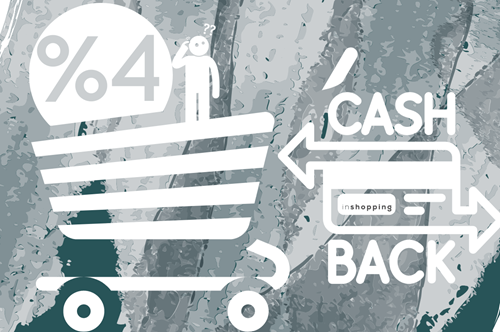
What is shopaholism?
Although commonly associated with young and reckless women and viewed as a financial problem only, from a psychological perspective, shopaholism is no different from any other addiction. What's more, it's a mistake to attribute shopaholism only to women, as it's not much less common for men to be affected. It is safe to say that shopping addiction, which has been caricatured in popular culture with harmful stereotypes, is one of the most underestimated and socially accepted types of addiction.
When we define shopaholism as a type of addiction as described in psychology, we stop seeing it as a ridiculous weakness and instead see that we are dealing with a serious type of addiction that transcends gender divisions, established stereotypes, and perceptions perpetuated in mass culture. By considering the causes and symptoms of shopping addiction from a psychological point of view, we can better understand what shopaholism actually is.
Symptoms of shopaholism
Are you wondering if you might be a potential shopaholic? Let's take a look together at the most common causes of shopaholism and the so-called red flags, or warning signs.
Succumbing to impulses
Like any other addiction, shopaholism is closely related to the problem of internal impulse control. We experience feelings of satisfaction and pleasure when we shop. It is natural to want to experience these feelings as often as possible, and when our urges get out of control, we become addicted. In the case of shopaholism, this means that we cannot fully control how often we shop and how much money we spend.
Shopping as a way to boost self-esteem
One of the most common causes of shopaholism is low self-esteem. Some people try to compensate for this deficit by constantly buying new things. By surrounding themselves with clothes, accessories, technological gadgets, and other valuable items, they try to boost their self-esteem. Very often, lowered self-esteem is also accompanied by an obsession with brand-name items or a distorted perception of one's own body.
For people who use shopping as a way to escape from everyday problems and worries, as well as their complexes and traumas, after some time it becomes an easily accessible and seemingly harmless, and thus very attractive, ticket to another world, where they can at least for a while break away from real life. Shopping, consuming much of our attention, allows us to free ourselves for a while from intrusive thoughts, and buying new clothes or perfume can make us feel temporarily different. In a fantasy world, we can easily convince ourselves that we need a certain thing and that buying is necessary for us to feel happy and fulfilled. Resorting to shopping as a cure for all the problems can make a person's life increasingly unrealistic.
READ: How Brands Use the Fresh Start Effect to Get You Shopping
"Buying" acceptance
Another personality factor that promotes the development of shopaholism is an unmet need for acceptance. People with low self-esteem and disturbed self-esteem may subconsciously believe that buying new things increases their value and status in the eyes of others. It also involves the belief that it is through money and material possessions that we can get positive attitudes and respect from other people.
Materialistic approach and rivalry
A distinguishing characteristic of shopaholics is materialism. They display an emotional attitude toward possessions and material things, which they in turn treat as a measure of other people's worth, success, or social status.
They treat the items they buy as a competitive tool, usually accompanied by jealousy of others and an unwillingness to share. This attitude is emotionally devastating for the shopaholics themselves, and can also lead to a breakdown in their relationships with other people.
Don't try to justify your shopaholism with promotions on sale
Compulsive shopping enthusiasts may justify their behavior by wanting to save money on sales. People who struggle with such an addiction and feel judged may develop a defense mechanism based on rationalizing their urges that will allow them to at least partially combat the remorse they feel.































REVİEWS - 1 reviews